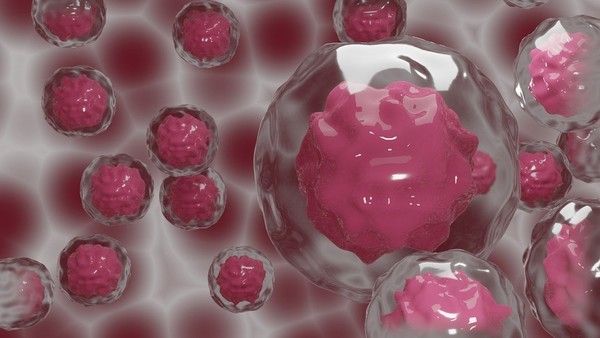Biotech companies developing an mRNA-based Covid-19 vaccine are busy responding to the Omicron variant.
They are conducting clinical trials of existing candidate vaccines and simultaneously studying their efficacy against virus variants.

According to the Ministry of Food and Drug Safety’s data released on Jan. 28, the MFDS approved two clinical studies of mRNA vaccine candidates out of the total of 11 studies of investigational Covid-19 vaccines.
companies – Quratis and Eyegene – are each conducting an mRNA vaccine trial.
Quratis is working on a phase 1 trial of QTP104, an mRNA Covid-19 vaccine candidate, at Severance Hospital Sinchon in central Seoul and Gangnam Severance Hospital in southern Seoul.
Recently, the Data and Safety Monitoring Board (DSMB), an independent group of experts, recognized the safety of the Quratis vaccine and allowed the company to increase the vaccine dose in the trial. As a result, Quratis is recruiting trial participants.
Quratis expects that QTP104 will induce a stronger immune response with a smaller dose than existing mRNA vaccines.
The company is also testing QTP104’s defense effect (neutralizing antibodies, cellular and humoral immunity formation) against Omicron, which became the dominant strain.
Choi Yu-hwa, head of the clinical study at Quratis, said the phase 1 study of Covid-19 vaccine QTP104 was progressing thanks to the health authorities’ active cooperation smoothly.
“We are proving safety through the collection of clinical data,” she said.
To address concerns about the persistent emergence of virus variants like Omicron, the company is also conducting a non-clinical study to verify neutralizing antibodies and T-cell immunity, she added.
Eyegene, another Covid-19 mRNA vaccine developer, is testing EG-COVID in local phase 1/2a trials. Unlike existing mRNA vaccines that use lipid nanoparticles (LNPs) for drug delivery, EG-COVID utilizes cationic liposomes.
As cationic liposomes are expressed locally at the administration site, EG-COVID is expected to show excellent safety, Eyegene said. Also, EG-COVID can be frozen-dried, making it possible to refrigerate at 2-8 degrees Celsius. At the same time, other mRNA vaccines need to be stored at much lower temperatures, the company emphasized.
Eyegene is accelerating the development of a booster shot in particular.
The company applied for a phase 1 study of a booster dose in Australia on Jan. 4.
Last Thursday, the company applied for a phase 1 trial of a booster shot in South Africa. Through multinational clinical trials, Eyegene plans to evaluate the safety and immunogenicity of EG-COVID’s booster dose.
The company is also working on other vaccine candidates to fight Omicron in a non-clinical trial. In the future, the company plans to check the efficacy in a multinational phase 2 study, along with the existing experimental vaccine.
An official at Eyegene claimed that administering an mRNA vaccine to those who received either an inactivated vaccine or a synthetic antigen vaccine could induce a more meaningful effect than giving the same vaccine booster.
In a multinational phase 2 trial, Eyegene plans to recruit recipients of Covid-19 vaccines other than mRNA vaccines to maximize the marketing opportunity in low-income countries where most people get inactivated and synthetic antigen vaccines, he added.

